To expand its presence in the infrastructure sector, Sandhar recently acquired the cabin business of Arkay Fabsteel which is its second acquisition of cabin business in three years. This second acquisition has helped it secure JCB, the largest construction equipment manufacturer in India, as its client. “I am very bullish on this sector doing well. To whet our appetite and to understand the business, we bought a stake in one of the infrastructure manufacturing companies and about three years ago we did an acquisition of a company in Bangalore called Mag Engineering. Mag then was supplying to all the major companies in India except the largest, JCB. It is now a large customer and is likely to grow bigger. We will supply them cabins and it will also give us the opportunity to supply them many other product lines that we currently do,” said Davar. According to him, JCB has very aggressive plans for India and for their supply chains in India to feed them for rest of the world.
Not just sectors, Sandhar is also expecting to further diversify its product line and move up the value chain with newer technologies. One of the areas it is looking at intently is electronics. Without giving away the name, Davar said the future product will be on the lines that will result in higher value addition compared to its traditional portfolio. One of the reasons he attributed this change to is falling margins due to commoditization of auto components. “If you stay in products for long they become commoditised and the product is sold by the kilo. If you want to stay sound in this sector, you have to keep moving up the value chain. We believe the value chain comes from newer technologies which are likely to be added on to the Indian vehicles.”
The next product Sandhar is preparing to launch is the Fuel Sender. The company is awaiting government approval and production will start by mid March. Also, Sandhar recently launched relays and is planning to launch another product line in the electrical field.
Set up in the year 1985, Sandhar’s success story has been about diversifying into different products and segments whenever an opportunity arose. Davar reminisced about the early days of the company when he found the component industry a virgin field to work in. He gave credit to the Japanese at that time as they learned to hand-hold Indian companies and carry forward the Keiretsu system (to buy from companies which are closely associated with them, which they call ancillaries or family companies). “They brought in some of those companies to tie up with companies in India and built a supply chain network that will feed them in terms of quality, in terms of productivity. That is what I will call the birth of automotive reform in India. The timing was right and the market was there.”
Over the course of its 30-year journey, Sandhar has had technical collaborations, joint ventures, Greenfield and Brownfield expansion to get into various product lines and the company says that going forward it will be a combination of all these. At a time when some industry experts are advising components manufacturers to focus on one thing and work towards it, Sandhar is working on a different philosophy. Davar agreed there is a difference of opinion there. “I’ll not say that people who have worked in core areas have not been successful, I’m also not saying that companies which have diversified have not been successful. It’s a question of the business model that works for you. If I say lock is my core area and restrict myself to it, then there is a limit to how many locks I can do. I do not want to hit that glass ceiling.”
The diverse portfolio in terms of catered segments and products has helped the company mitigate the effects of the slowdown. This year Sandhar is currently at a level of 25% growth. However, profitability is almost stagnant compared to last year. According to Davar, one of the reasons they are doing well revenue-wise is that they have been spending a lot of money on new product lines which are now kicking in. “Irrespective of how the economy does, we are still planning to work on a tolerance level of 10% so our growth anyway will continue and will not be below 15%. This will come from new products that are in the pipeline and will hit the market very soon,” said Davar.
To make the process more cost efficient so as to improve profitability, Sandhar is working on a number of improvisations in its manufacturing units. One of the solutions it is working aggressively on is cognitive maintenance, which will help predict where breakdowns could happen and take precautionary measures. This will drastically reduce downtime and optimise production in the units.
Sandhar Technologies has also been looking to come out with an IPO for some time now. Davar informed that they haven’t shut that door and are in the process of getting the company ready for the launch and will have to see if it happens this year. ACI
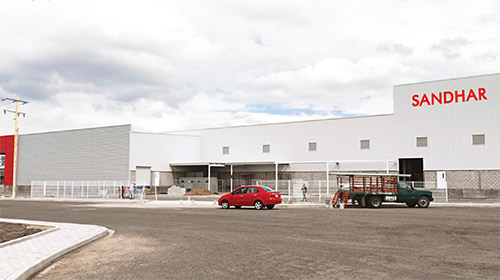


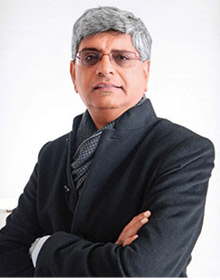

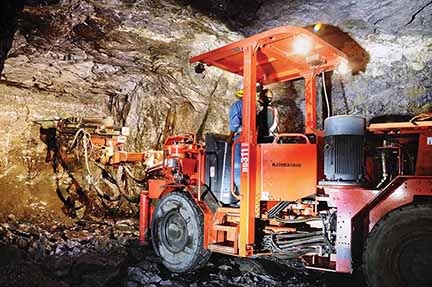

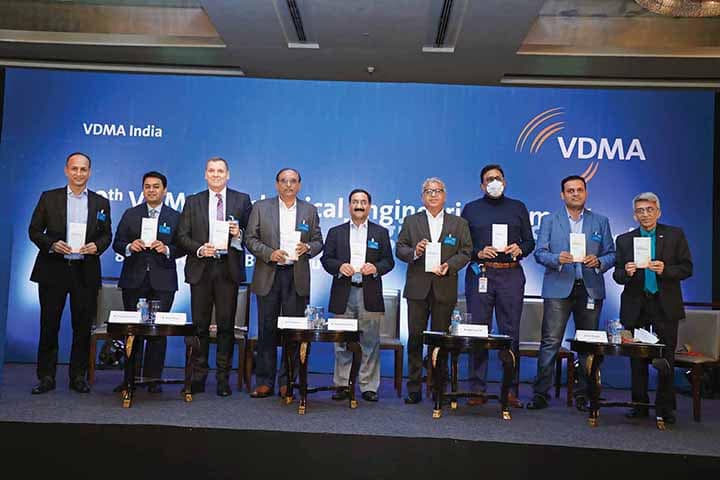
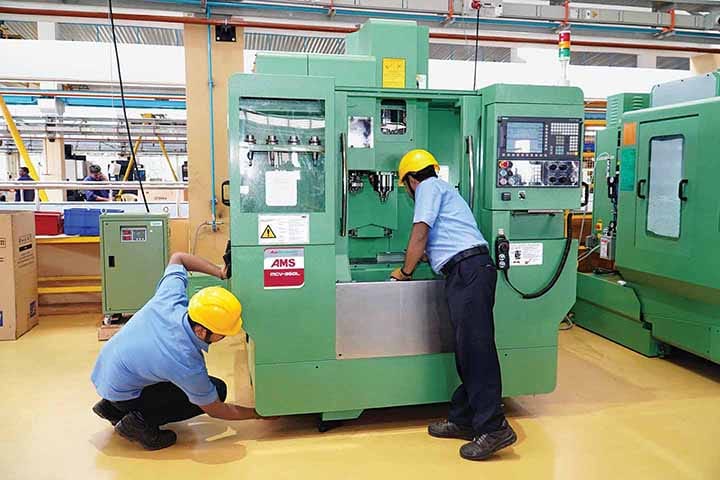
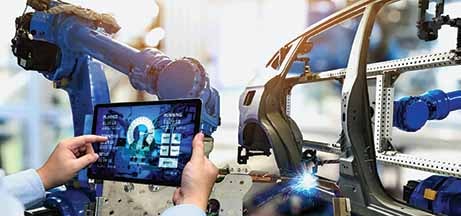
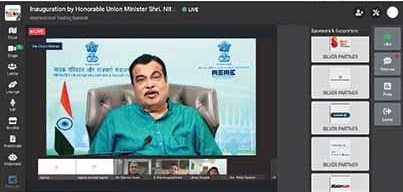

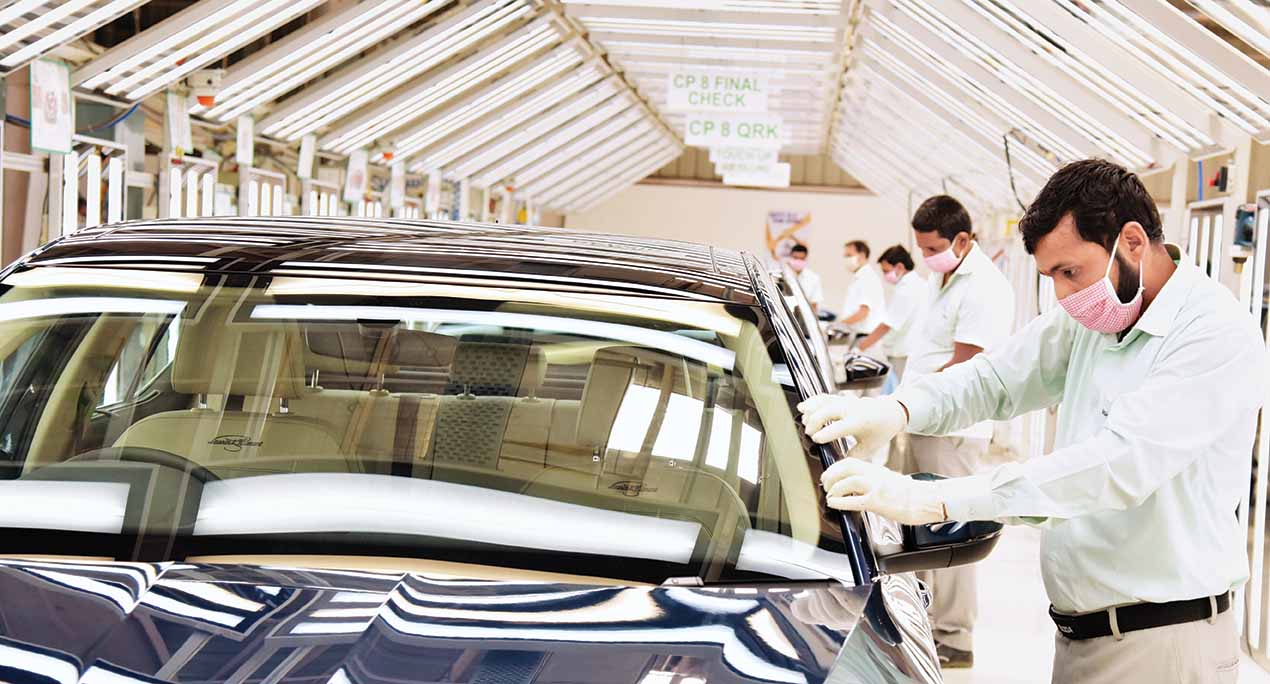
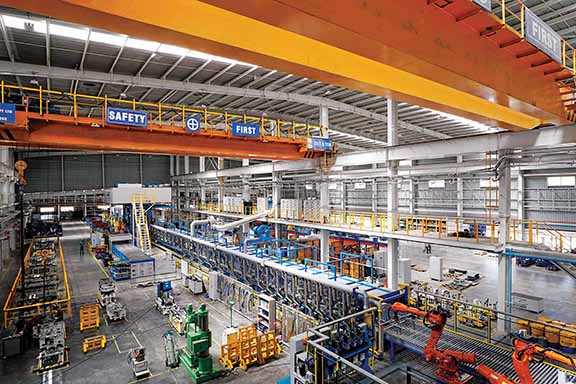

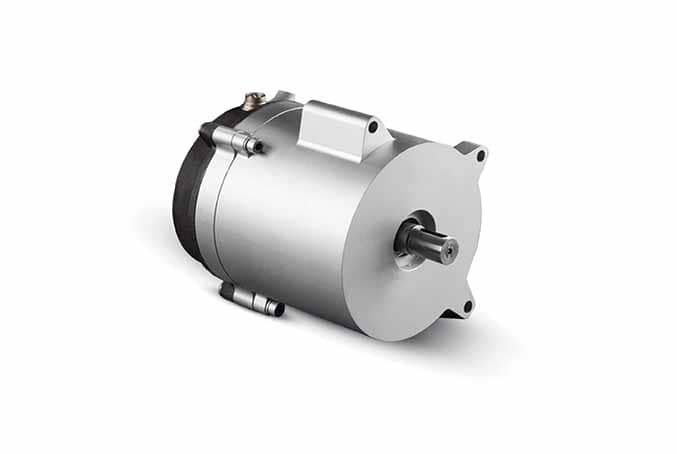





http://annuaire-rose.fr
For the selling price, I think that publication is well worth it.
I’ve study a number of Clash of Clans guides, and do not
require really assess to that one.
my page … clash of clans guide th8 (http://annuaire-rose.fr)